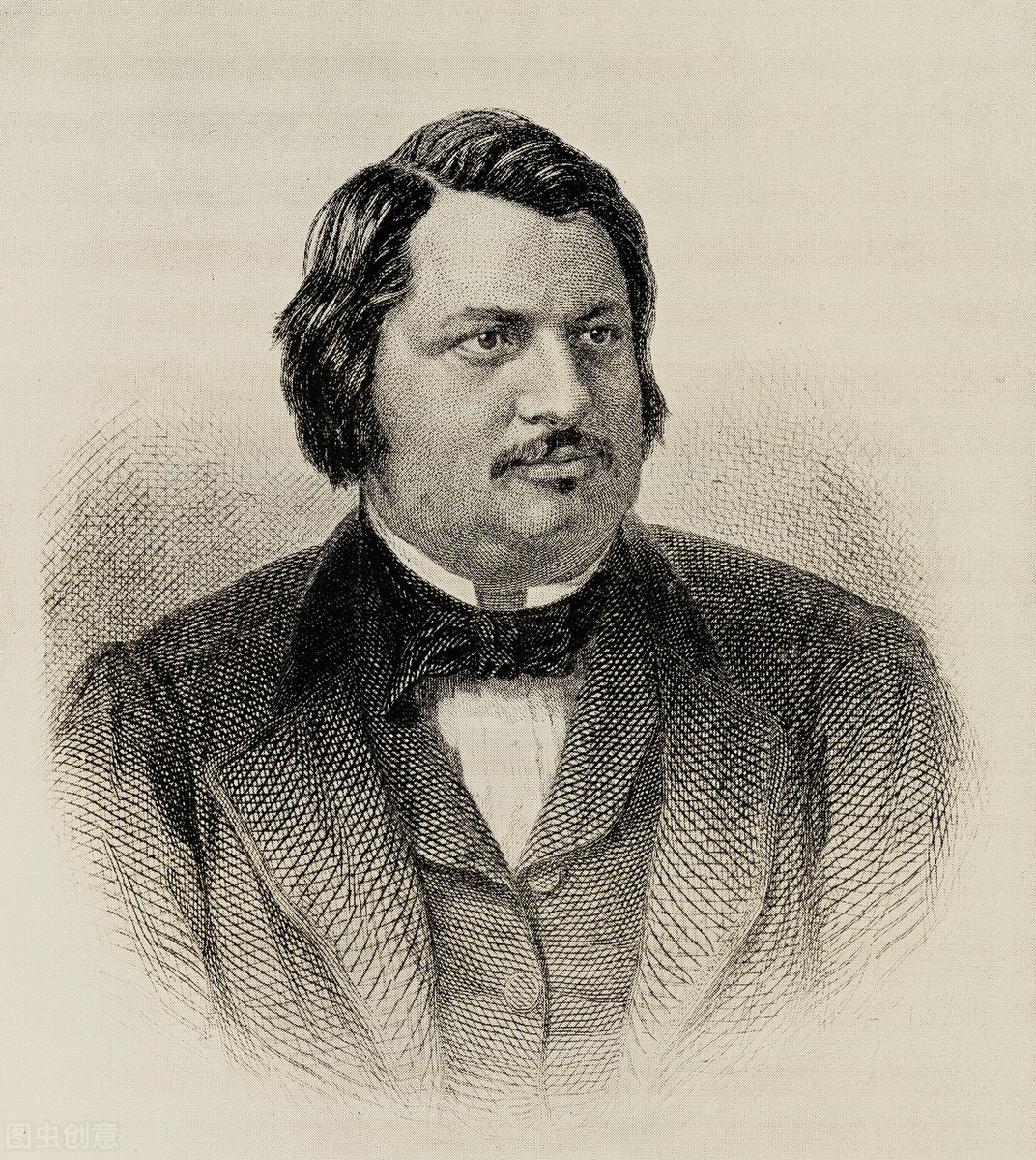
The incorrigible love of foreign literature has become a reason for others to criticize me, and I do not understand the classic novels of the world's recognized masters, how can I think I have read them wrong?
It is also said that the original work itself is good, and the translator destroys the charm of the original work.
The Chinese translation is good or not, I have seen a lot, naturally I have discernment, for example, Fu Lei's translation of foreign literature I must see.
Because I am not the only one who recognizes his translation ability, it is also recognized for his translation talent.
I still don't care what others say, I still find my favorite foreign novels to read, such as Balzac's "The Comedy of Man", and collect a full set of them in the study of my hometown.
Now borrowed from the first picture and re-read it again with a plan, which is completely different from the feeling of reading in the early years.
I made some reading notes, which I took seriously and studied repeatedly with an inquisitive mind.
A few years ago, I saw an article that belittled the crudeness of Balzac's work, and I felt that the person who wrote it must not have read Balzac's work, but heard someone say that it was not good, and then followed suit.
Those who accuse me of being influenced by Balzac haven't actually read a few of his articles, and the Law of Attraction indicates a reader's tendencies and his mental strength, which is enough to say it all.
What you love is willing to surrender. Of course, it was more about the admiration of the people who knew Balzac.
Nor have I ever made a secret of my admiration for Balzac. This can be seen in my willingness to take the time to write reading notes when I see his work.
How many people praise Balzac's characters for their wonderful writing of dialogue, not because of how gorgeously written the dialogue is, but because of the characteristics that conform to the nature of each character's identity and status.
Yu Hua once recounted that he could not write the dialogue of the character, and I often worried about how a certain character could make him speak, so that it was naturally in line with the real situation.
Different people speak different things, what kind of words should the same person say on different occasions and in different situations?
This is really nerve-wracking, but looking at the more than two thousand characters created by Balzac,there is no similarity.
Thousands of people have a thousand personalities, and the outstanding effects of each play.
This is his greatness, and I can't help but wonder, do all the characters in these novels have corresponding archetypes?
I absolutely believe that Balzac must have seen many people of all walks of life, people of all walks of life, people of all walks of life, people of all walks of life, and people of all walks of life, and I have also come into contact with high society, and have observed their expressions and conversations when they speak countless times.
Then, on this basis, his imagination is played, giving each character deeper social meaning and value.
I think balzac sometimes shows a kind of ridiculous humor when he describes the characters, so that you have to laugh when you see the tragic characters, and you can't help but have fun.
So far, I have also read the Chinese translations of different translations, and I still think that Fu Lei's Chinese translation is the best, and it is obvious that Fu Lei admires Balzac. Translated a series of his works.
I also admired Balzac, and I also admired Fu Lei, and I read his series of works very carefully, and I collected twenty-four volumes of the Comedy of Man, which was published in the early years.
As long as it is translated by Fu Lei, I will undoubtedly read it.
Balzac's works were not all translated by Fu Lei, fu Lei translated parts of him, but basically I read all the works translated by Fu Lei.
I saw an article that belittled Balzac, saying that because of his high debt and poverty, he urgently needed to finish the manuscript immediately, wrote impatiently and sloppily, and was not serious, responsible translators and publishers added their own creations in the process of translation and publication proofreading, and the secondary creation became refined and perfect.
I don't agree with that.
Of course, I do not deny the efficacy of proofreading by translators and publishers, the premise is that the author's work itself is good, excellent, and has characteristics, and the follow-up process only finds small shortcomings and small errors.
The novel's grand layout structure, which others can't help.
If this is true, then foreign half-hanging works can be re-illuminated as long as they are translated. Carefully crafted and packaged.
Translators are so creative that they have the ability to create independent new works of their own.
Why translate someone else's.
Some netizens advised me not to read foreign literature, but to look more at modern and contemporary literature.
I've seen modern, modern, contemporary, but these works can't replace the place of "The Comedy of Man" in my heart.
Balzac's charisma made me think carefully about his work and record my reading experience.
Since I have reading experience, I will share it with you so that more people can test whether my analytical thinking inspiration is reasonable.
Balzac's account and description of the history of the customs of that era in the eighteenth and nineteenth centuries.
It provides reference value for the customs of today's society.